December 21 would have been the 130th birthday of Joseph Stalin, the “Father of Nations.” His name went down in history primarily due to his camps rather than the seven sisters skyscrapers or the record rates of economic recovery.
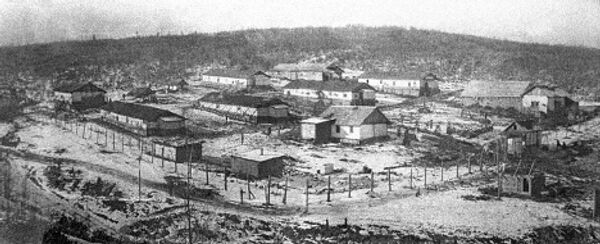
December 21 would have been the 130th birthday of Joseph Stalin, the “Father of Nations.” His name went down in history primarily due to his camps rather than the seven sisters skyscrapers or the record rates of economic recovery.
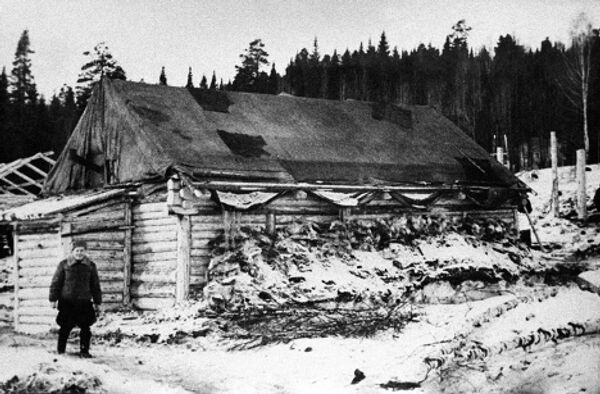
The Soviet system of prisons and camps developed during the Civil War (1918-1920).
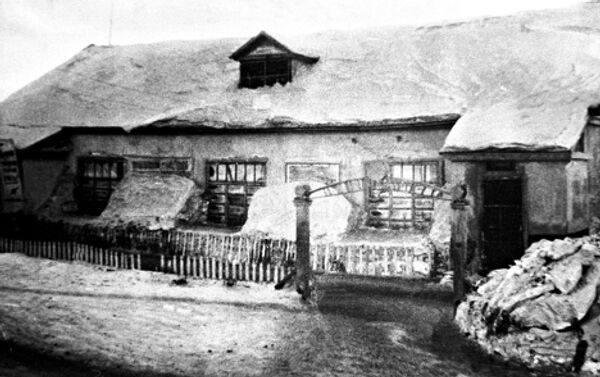
Criminal offenders were kept separately from political prisoners. The latter were sent to so-called political isolation camps and to the Department of Special Purpose Solovetski Camps which were established in the early 1920s. The camps were controlled by the state security agencies.
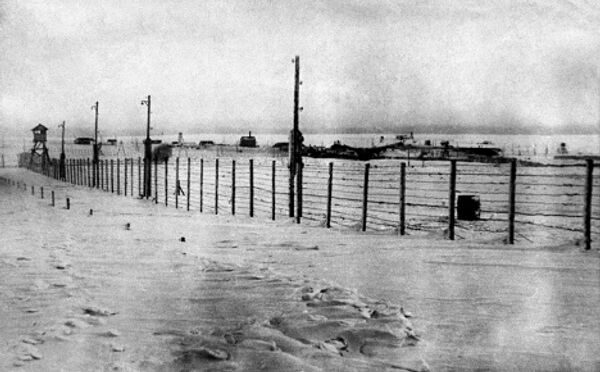
The scale of reprisals increased sharply during intensified industrialization and the collectivization of agriculture in the late 1920s – early 1930s
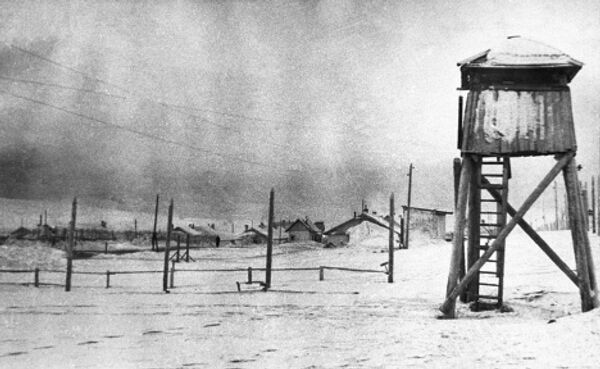
The authorities had to increase the number of detention facilities and to send more inmates to work on construction sites and to colonize under-populated and economically slow areas of the U.S.S.R.
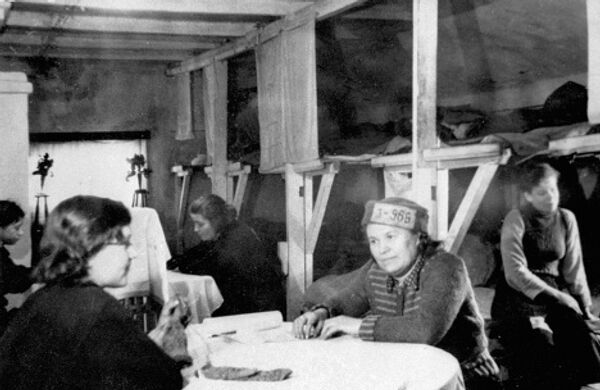
6/12
A female labor camp barracks.
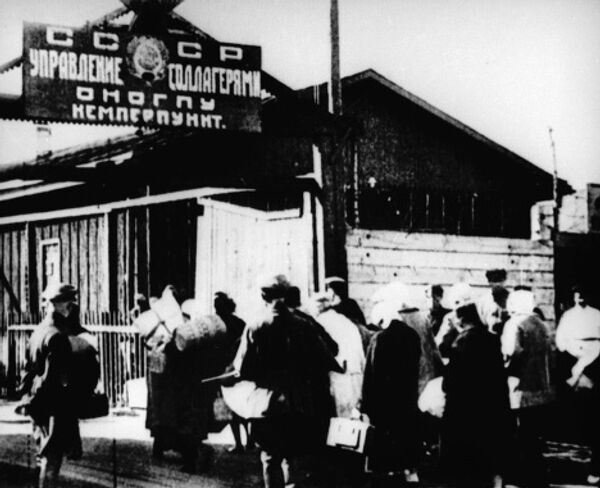
Political prisoners at the Solovetski camp entrance.
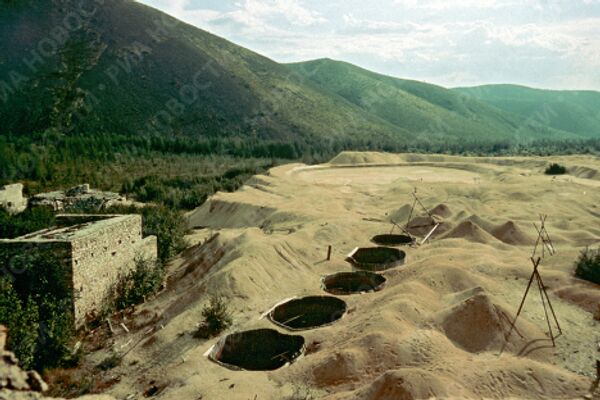
The Butugychag Camp on the Kolyma, where a uranium ore-enrichment factory was located.
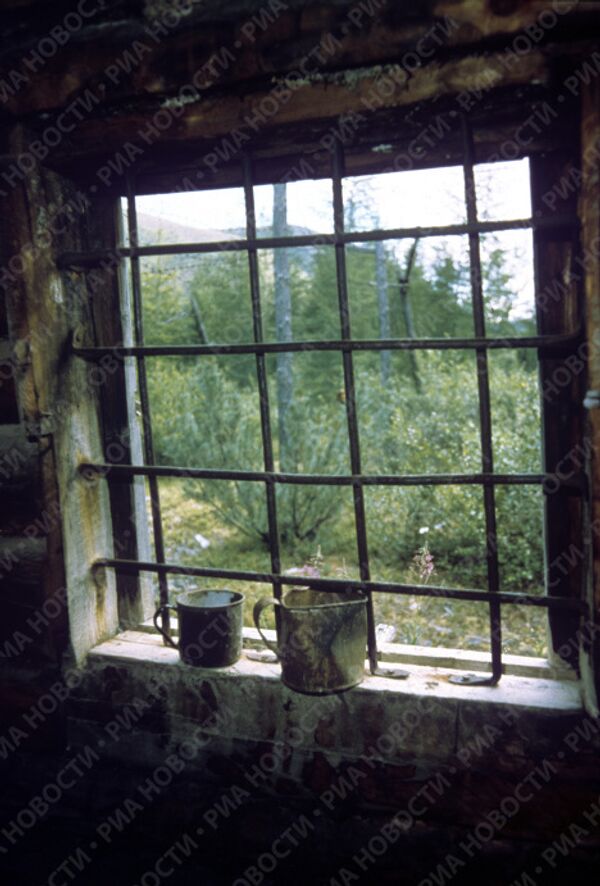
Some 380,000 people perished in Butugychag. This is more than the entire population of the Magadan Region today.
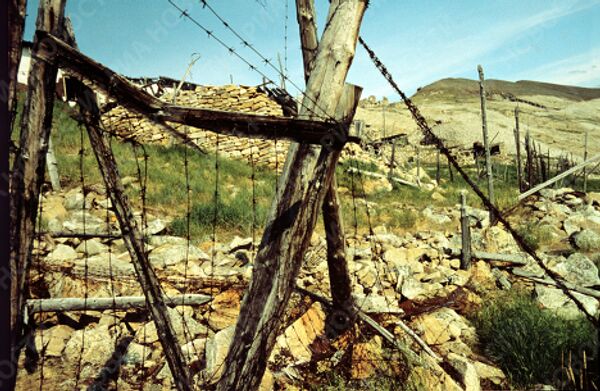
Butugychag means “death valley” in the Evenki language.
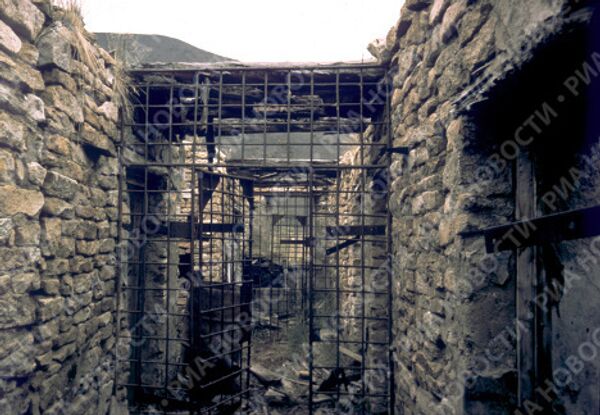
The place received its name when wandering along the Detrin River, hunters and deer breeders came upon a huge field covered with human skulls and bones. The deer contracted a strange disease. At first they lost their fur on their legs and then they lay down and could not stand up.
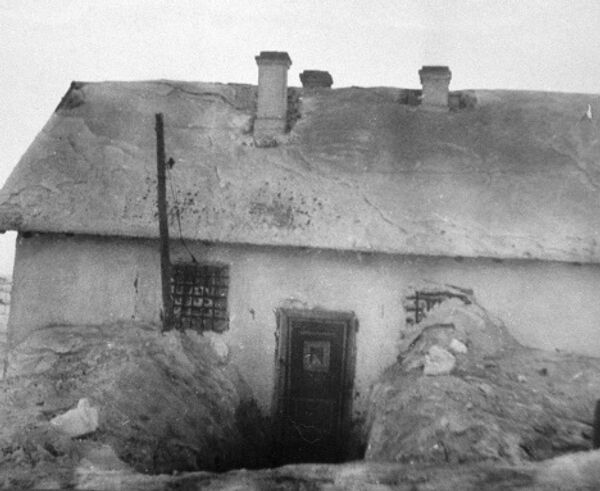
The name “death valley” was automatically transferred to the leftover Beria camps of the GULAG’s 14th department. (GULAG is an acronym which stands for the Main Directorate of Corrective Labor Camps and denotes the Soviet system of forced labor camps).

